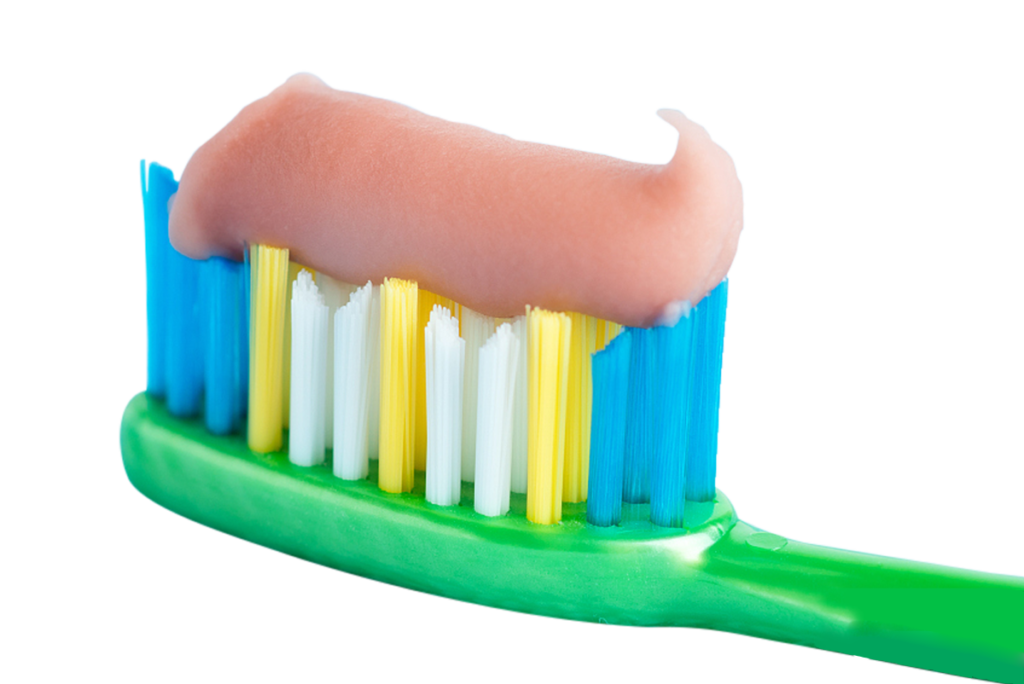First of all, toothpaste is not a magic tool to “promote tooth growth” and “fill cavities”.
What is toothpaste?
Toothpaste is a semi-solid preparation that acts on the surface of human teeth in the form of brushing to play a supplementary cleaning role. Toothpaste has the effect of beautifying and protecting the teeth and surrounding tissues.
When brushing teeth, the friction agent in toothpaste is rubbed on the tooth surface by the bristles of the toothbrush to clean and remove stains.
With the innovation of toothpaste technology, adding corresponding efficacy ingredients to ordinary toothpaste can make toothpaste have corresponding efficacy, for example, adding fluoride can play certain anti-caries efficacy. However, it should be noted that no toothpaste can cure oral diseases.
Toothpaste does not “promote teething”
People have only two sets of teeth in their lifetime – milk teeth and permanent teeth. Generally, milk teeth start to erupt from about 6 months of age, and all milk teeth erupt around 2.5 to 3 years of age; the physiological loss of milk teeth starts to occur one after another around 6 years of age, and permanent teeth erupt, and then all milk teeth are replaced by permanent teeth around 12 years of age, becoming a permanent tooth row.
Regardless of the cause of the loss or damage of permanent teeth, they cannot be regenerated. There is no scientific evidence that brushing with toothpaste can have an effect on the eruption of baby teeth, much less regenerating permanent teeth after they have been lost.
Toothpaste can not “fill the cavity”
Caries are also commonly known as dental caries, which is one of the most common diseases in the oral cavity. In the early stage of caries, the surface of tooth enamel starts to demineralize and the development process of caries is irreversible. In other words, tooth decay (cavity) is not renewable after it occurs.
Brushing teeth with fluoride toothpaste can strengthen the anti-carious ability of teeth, but it cannot reverse the process of caries development. Moreover, long-term gum disease leads to the destruction of gum tissue, which in turn leads to loose teeth and requires professional oral examination, diagnosis, and treatment. The so-called “repairing cavity”, “closing the gap” and “stabilizing loose teeth” by brushing with toothpaste are not based on science.
Toothpaste claims “anti-Helicobacter pylori” lack of scientific basis
H. pylori mainly exists in the human stomach, there is no evidence that brushing with toothpaste can have an effect on the presence of H. pylori in the stomach.
Products such as toothpaste that claim to be “anti-H. pylori” may have added broad-spectrum antibiotics. If a large number of long-term use of broad-spectrum antibiotics, may lead to oral flora disorders, is not conducive to oral health.
Can toothpaste treat diseases?
In China, toothpaste is not medicine, toothpaste can not replace medicine to treat diseases.
Toothpaste can not be expressed or implied to have a medical effect, and can not be false or misleading claims of efficacy.
Therefore, if you suffer from a disease, it is recommended to consult a dentist or physician.
Finally, we remind consumers that oral diseases such as dental caries should be mainly prevented, it is recommended to maintain good oral hygiene habits and dietary habits, conduct regular oral examinations, choose toothpaste products rationally, and not believe the false claims that toothpaste can cure oral diseases.



